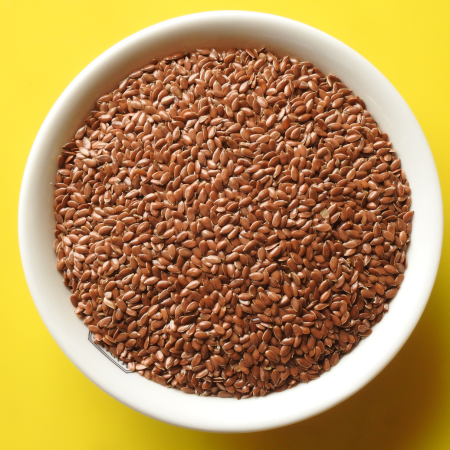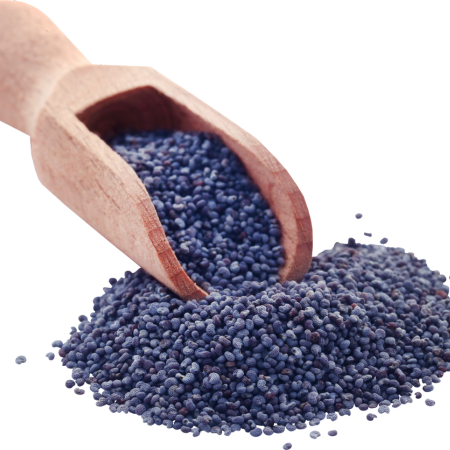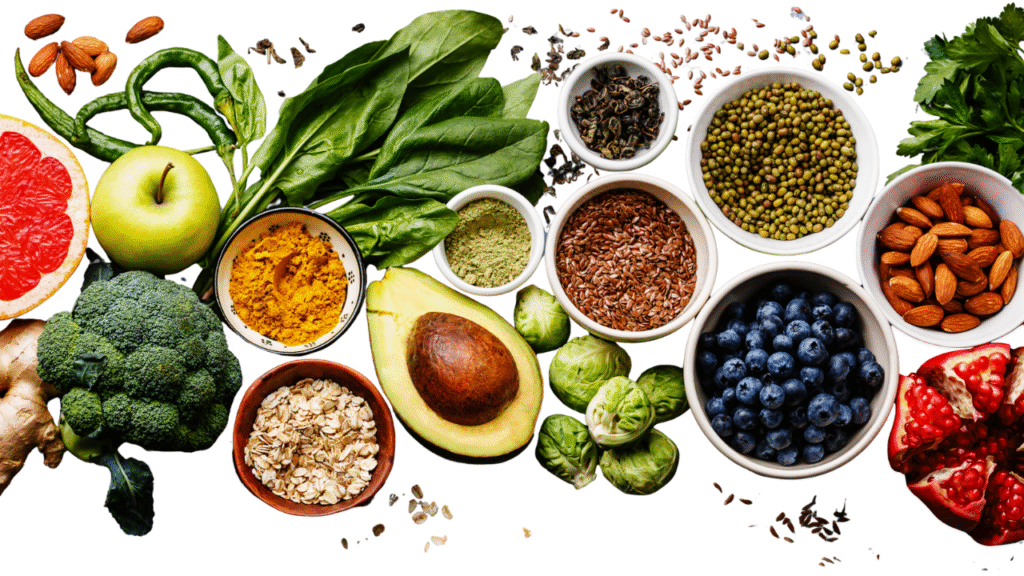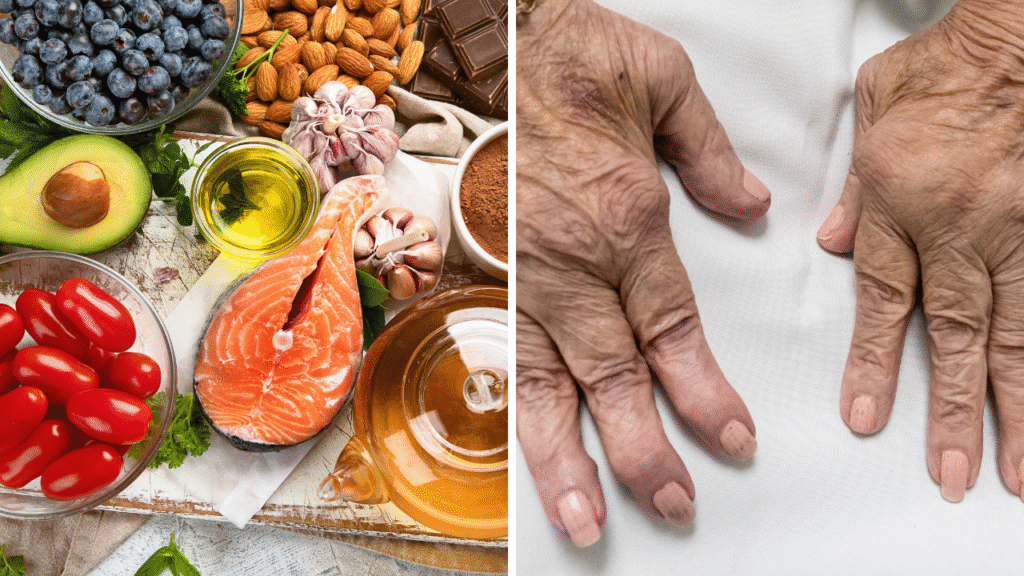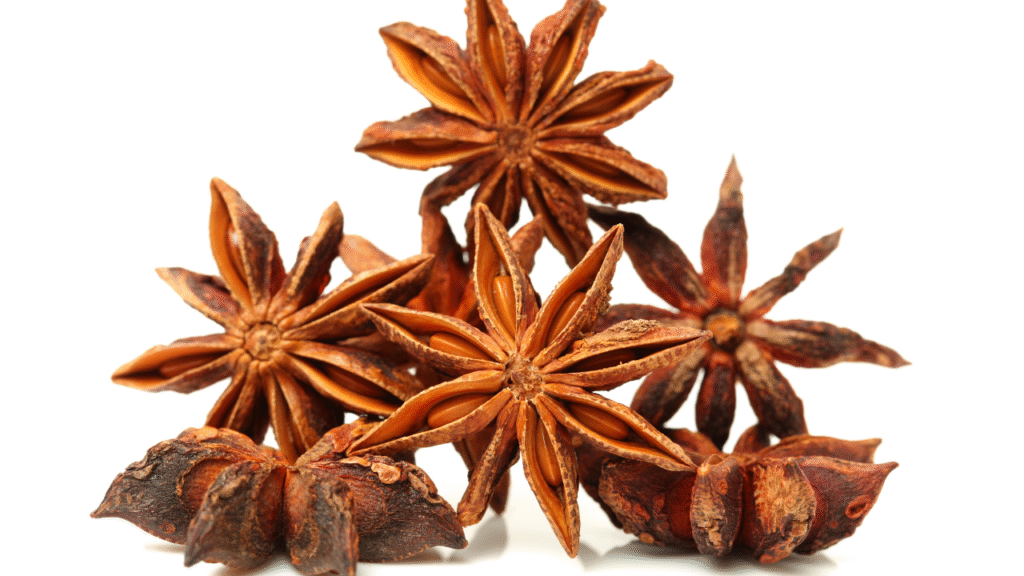Seeds are nature’s nutritious treasures, providing numerous health benefits when consumed appropriately. Nevertheless, not all seeds benefit your flavor preferences or health equally.
In this article, we will explore the seeds that are excellent additions to your diet and those you should be careful about consuming. Prepare to discover the seeds that can enhance your health and those you want to steer clear of.
5 Seeds You Should Eat
Seeds like chia, flax, sunflower, and pumpkin are not just crunchy toppings but nutritious and tasty. Discover these seeds’ health benefits and why you should include them in your daily meals.
-
Pumpkin Seeds
Pumpkin seeds, also known as pepitas, are edible seeds from pumpkins. A one-ounce (1/4 cup) serving of roasted pumpkin seeds contains:
– Calories: 163
– Protein: 8.45 grams
– Carbs: 4.17 grams
– Fiber: 1.84 grams
– Fat: 13.9 grams
– Copper: 0.36 milligrams (40% of the Daily Value)
– Iron: 2.29 milligrams (13% of the Daily Value)
– Magnesium: 156 milligrams (37% of the Daily Value)
– Zinc: 2.17 milligrams (20% of the Daily Value)
Pumpkin seeds have a nutty and slightly sweet flavor. People often enjoy them roasted as a snack or add them to baked goods, salads, and trail mix. They are a great source of plant-based protein and essential minerals like magnesium, copper, zinc, and iron. A one-ounce serving provides 37% of your daily magnesium needs, which helps regulate blood pressure, blood sugar levels, and stress.
They are also rich in copper and iron, essential for making red blood cells. Zinc is another key nutrient in pumpkin seeds, supporting immune function, growth, development, DNA synthesis, and skin health. Pumpkin seeds are low in carbs but high in plant-based protein and healthy fats, making them a good option for those on plant-based or low-carb diets.
-
Hemp Seeds
Hemp seeds are edible and come from the Cannabis sativa L. plant. They were once mainly used for animal feed and considered a byproduct of the hemp fiber industry. However, their popularity has increased in the last twenty years as more people discover their health benefits.
Here’s the nutrition breakdown for a one-ounce (1/4 cup) serving of hemp seeds:
– Calories: 166
– Protein: 9.48 g
– Carbs: 2.6 g
– Fiber: 1.2 g
– Fat: 14.6 g
– B6: 0.18 mg (11% of the Daily Value)
– Copper: 0.48 mg (53% of the Daily Value)
– Iron: 2.38 mg (13% of the Daily Value)
– Magnesium: 210 mg (50% of the Daily Value)
– Phosphorus: 495 mg (40% of the Daily Value)
– Zinc: 2.97 mg (27% of the Daily Value)
Hemp seeds are one of the most nutritious seeds you can eat. They provide protein, healthy fats, fiber, and essential vitamins and minerals, including magnesium, B6, and zinc. These seeds may help with brain health. They contain nutrients that support brain function and stress management, like protein, fat, and magnesium. Magnesium is important for managing stress. Studies show that stressed individuals often have lower magnesium levels than those who are not stressed.
Research also suggests that people with low magnesium levels may be more likely to suffer from mental health issues like depression, post-traumatic stress disorder, and anxiety. Eating more magnesium-rich foods, like hemp seeds, may raise your magnesium levels and help support mental health. Just one ounce of hemp seeds gives you 50% of your daily recommended intake for magnesium.
-
Flaxseeds
Flaxseeds, also called linseeds, are a healthy source of fiber and omega-3 fats, especially alpha-linolenic acid (ALA). However, our bodies have trouble digesting the omega-3 fats because they are inside the seed’s tough outer shell.
To boost your omega-3 intake, it’s best to eat ground flaxseeds. A 1-ounce (28-gram) serving of flaxseeds provides a variety of nutrients:
– Calories: 152
– Fiber: 7.8 grams
– Protein: 5.2 grams
– Monounsaturated fat: 2.1 grams
– Omega-3 fats: 6.5 grams
– Omega-6 fats: 1.7 grams
– Manganese: 35% of the Recommended Daily Intake (RDI)
– Thiamine (vitamin B1): 31% of the RDI
– Magnesium: 28% of the RDI
Flaxseeds also contain polyphenols, especially lignans, which are important antioxidants. The lignans and the fiber and omega-3 fats in flaxseeds may help lower cholesterol and reduce the risk of heart disease. A large study found that eating flaxseeds can lower “bad” LDL cholesterol by an average of 10 mmol/l.
Flaxseeds also help lower blood pressure. An analysis of 11 studies showed that eating flaxseeds daily for more than 12 weeks can reduce blood pressure. Some studies suggest that flaxseeds may lower markers of tumor growth in women with breast cancer and reduce cancer risk. This effect may be linked to the lignans in flaxseeds, which are similar to estrogen.
Similarly, flaxseeds may help reduce the risk of prostate cancer in men. Besides lowering the risk of heart disease and cancer, flaxseeds may also help control blood sugar, lowering the risk of diabetes.
In summary, flaxseeds are a great source of fiber, omega-3 fats, lignans, and other nutrients. They can help reduce cholesterol, blood pressure, and even cancer risk.
-
Chia Seeds
Chia seeds are similar to flaxseeds. They are good sources of fiber, omega-3 fats, and other nutrients.
A 1-ounce (28-gram) serving of chia seeds contains:
– Calories: 137
– Fiber: 10.6 grams
– Protein: 4.4 grams
– Monounsaturated fat: 0.6 grams
– Omega-3 fats: 4.9 grams
– Omega-6 fats: 1.6 grams
– Thiamine (vitamin B1): 15% of the daily recommended intake (RDI)
– Magnesium: 30% of the RDI
– Manganese: 30% of the RDI
Chia seeds also have important antioxidants called polyphenols. Studies show that eating chia seeds can increase the blood’s alpha-linolenic acid (ALA). ALA is an important omega-3 fatty acid that may help reduce inflammation.
Your body can convert ALA into other omega-3 fats like eicosapentaenoic acid (EPA) and docosahexaenoic acid (DHA), which you find in oily fish. However, this conversion could be more efficient in the body.
One study found that chia seeds might raise EPA levels in the blood. Chia seeds can also help lower blood sugar levels. Other studies show that whole and ground chia seeds are just as effective in reducing blood sugar after meals.
Another study found that chia seeds might also help reduce appetite and lower the risk of heart disease.
A study of 20 people with type 2 diabetes showed that eating 37 grams of chia seeds each day for 12 weeks lowered blood pressure and reduced inflammatory chemicals, including C-reactive protein (CRP).
In summary, chia seeds are a good source of omega-3 fats and can help lower blood sugar and reduce heart disease risk factors.
-
Sunflower Seeds
Sunflower seeds are a healthy snack that provides protein, monounsaturated fats, and vitamin E. A one-ounce (28 grams) serving of sunflower seeds has:
– Calories: 164
– Fiber: 2.4 grams
– Protein: 5.8 grams
– Monounsaturated fat: 5.2 grams
– Omega-6 fats: 6.4 grams
– Vitamin E: 47% of the recommended daily intake (RDI)
– Manganese: 27% of the RDI
– Magnesium: 23% of the RDI
Eating sunflower seeds may help reduce inflammation, particularly in middle-aged and older adults. This could lower the risk of heart disease.
A study with over 6,000 adults showed that people who ate a lot of nuts and seeds had less inflammation. Specifically, those who consumed sunflower seeds more than five times a week had lower levels of C-reactive protein (CRP), a marker of inflammation.
Another study focused on postmenopausal women with type 2 diabetes. They ate 30 grams of sunflower seeds or almonds daily for three weeks. By the end, both groups saw lower total cholesterol and LDL cholesterol levels. However, the sunflower seed group had a more considerable triglyceride drop than the almond group. It’s important to note that “good” HDL cholesterol decreased, suggesting that sunflower seeds may lower both good and bad cholesterol types.
5 Seeds You Should Not Eat
Ever wonder about the seeds you should avoid? Well, we’ve got the scoop on the not-so-edible ones. Let’s explore the seedier side of snacks and keep your munching safe!
-
Tomato seeds
When you enjoy a juicy tomato, you may not think twice about its tiny seeds. However, it’s a good idea to avoid eating them. Tomatoes contain nutrients and flavor, but their seeds can cause problems.
Tomato seeds have a gel-like coating that contains lectins and glycoalkaloids. These compounds can upset your stomach, especially for some people. Although tomatoes have low levels of these substances, the seeds concentrate them, which may lead to digestive issues.
Additionally, tomato seeds contain a small amount of tomatine, which can be harmful in large amounts. While eating a few seeds is unlikely to cause harm, it’s wise to be cautious.
If you love tomatoes, don’t worry! You don’t have to stop eating them. Just remove the seeds before enjoying your tomatoes. This will give you a tastier experience and a happier stomach. Enjoy your tomatoes without the worry of seeds!
-
Apple seeds
Apples are a tasty and crunchy snack. However, their seeds have a small amount of cyanide, a natural poison. Don’t worry; accidentally swallowing one or two seeds is usually harmless. But eating a lot of seeds could cause problems.
Cyanide affects how oxygen moves in your body. The seeds have a tough outer layer that helps protect you, but it’s best not to take chances. Your body can handle small amounts, but it’s not worth the risk. Symptoms of cyanide poisoning include dizziness, nausea, and headaches. These are not the effects you want from your apple!
Enjoy your apples, but avoid the seeds. If you’re concerned about accidentally eating seeds, consider choosing seedless apples or removing the seeds before eating. This simple step can make your Apple experience safe and enjoyable.
-
Nutmeg Seeds
Nutmeg is a spice that adds flavor to food. However, eating too much nutmeg can be harmful to your health. A small amount can enhance the taste, but large amounts can cause nausea, dizziness, and even hallucinations. This spice contains myristicin, which can lead to serious side effects in high doses.
People have misused nutmeg for its mind-altering effects, which can cause toxic reactions. Taking more than the recommended amount may lead to symptoms ranging from mild discomfort to severe toxicity. Because of the potential negative effects, you must be careful when using nutmeg in your cooking.
-
Lychee Seeds
Lychee seeds can release toxins if you eat too many. These toxins can upset your stomach, cause nausea, and lead to more serious problems. While snacks are enjoyable, it’s best to avoid these seeds.
Additionally, lychee seeds are hard to digest and can be a choking hazard, especially for children. They also contain high levels of tannins, which may upset your stomach. It’s better to skip the seeds to avoid feeling unwell.
-
Other fruit seeds
Other fruit seeds, such as those of apricots, plums, cherries, and peaches, contain cyanogenic compounds, which can pose health risks. Therefore, it’s advisable to avoid consuming the seeds of these fruits to ensure safety while enjoying their delicious flesh.


